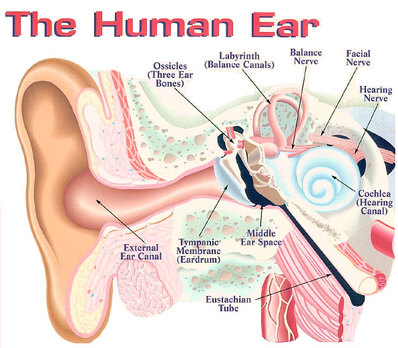Which nerve deals with balance
Contents:
The Human Balance System | Vestibular Disorders Association
The symptoms are similar to vestibular neuritis, but also include indicators of cochlear nerve damage:. You need to be a supporter to access this content. The medical information on this site is provided as an information resource only, and is not to be used or relied on for any diagnostic or treatment purposes.
- What is a balance disorder?!
- grand country inn buffet coupon.
- ikea canada wacky wednesday deals!
This information is intended for medical education, and does not create any doctor-patient relationship, and should not be used as a substitute for professional diagnosis and treatment. By visiting this site you agree to the foregoing terms and conditions. If you do not agree to the foregoing terms and conditions, you should not enter this site. Thank you for your understanding Dismiss.
The surgical course is different for tumor masses that are typical and then when tumors are multi-lobular. Sensory receptors in the retina are called rods and cones. The medical information on this site is provided as an information resource only, and is not to be used or relied on for any diagnostic or treatment purposes. This pathway facilitation is the reason dancers and athletes practice so arduously. Nuclei lateral geniculate nucleus Course optic chiasm optic tract. When the head is tilted or the body position is changed with respect to gravity, the displacement of the stones causes the hair cells to bend. Rate This Article.
Search for: Sign up Log in. Briony Adams Last Updated: August 7, Revisions: Contents 1 Anatomical Course 1. Vestibular Neuritis 4 Clinical Relevance: By TeachMeSeries Ltd Clinical Relevance: Vestibular Neuritis Vestibular neuritis refers to inflammation of the vestibular branch of the vestibulocochlear nerve.
How does the balance system work?
It presents with symptoms of vestibular nerve damage: Nystagmus — a repetitive, involuntary to-and-fro oscillation of the eyes. Loss of equilibrium especially in low light. Nausea and vomiting. Labyrinthitis Labyrinthitis refers to inflammation of the membranous labyrinth , resulting in damage to the vestibular and cochlear branches of the vestibulocochlear nerve.
The symptoms are similar to vestibular neuritis, but also include indicators of cochlear nerve damage: Sensorineural hearing loss. Tinnitus — a false ringing or buzzing sound.
The Human Balance System
Through which structure does the vestibulocochlear nerve exit the cranium? Internal acoustic meatus.
Where are the cochlear hair cells located? Organ of Corti. Saunders Elsevier; Branch WT, et al.
Navigation menu
Approach to the patient with dizziness. Riggin EA. Allscripts EPSi. Mayo Clinic, Rochester, Minn. March 12, Shepard NT expert opinion.
April 18, Barton JJS. Benign paroxysmal positional vertigo. Black DF, et al. Vestibular migraine. Thompson KJ.
Vestibulocochlear nerve
Retrospective review and telephone follow-up to evaluate a physical therapy protocol for treating persistent postural-perceptual dizziness: A pilot study. Journal of Vestibular Research. Moskowitz HS, et al. Meniere disease. Vestibular testing. American Hearing Research Foundation.

Treatment of vertigo. Kaufmann, H. Treatment of orthostatic and postprandial hypotension. Park JA, et al. Vestibular schwannoma acoustic neuroma.
Bisdorff A, et al. Classification of vestibular symptoms: Towards an international classification of vestibular disorders. Related Migraines and Vertigo. Mayo Clinic Marketplace Check out these best-sellers and special offers on books and newsletters from Mayo Clinic. Enjoy life. Lose weight.